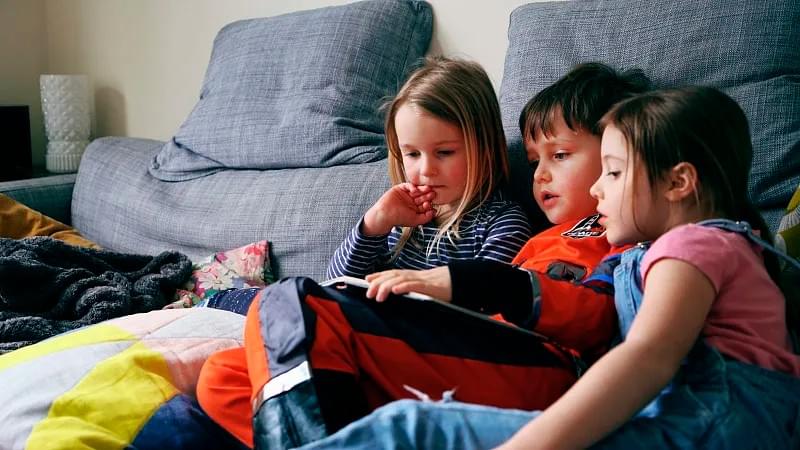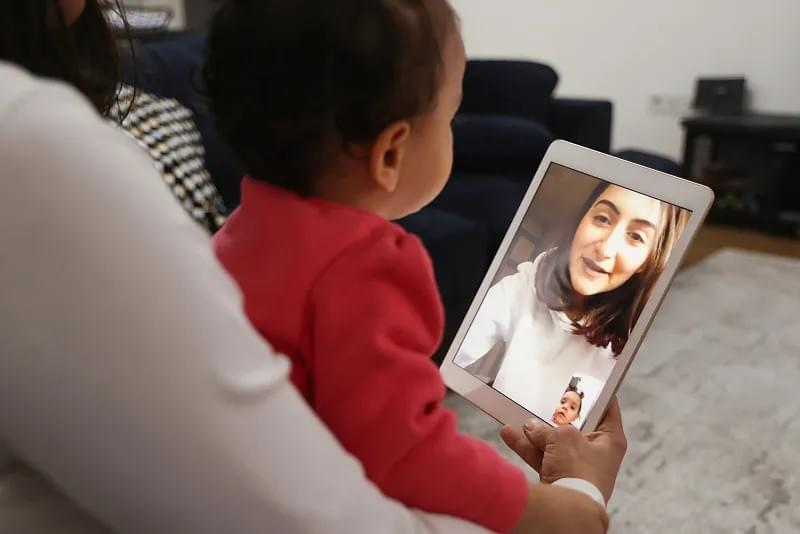In recent years, surrogacy has emerged as a viable and increasingly accepted path to parenthood for individuals and couples facing fertility challenges, same-sex partners, and single parents by choice. As the number of children born through surrogacy continues to rise globally, a growing body of research is focusing on a critical aspect of this journey: the emotional development of surrogacy-born children. Understanding how these children form their identities, perceive their origins, and build emotional connections is essential for parents, clinicians, and society alike.
This article explores the emotional landscape of children conceived via surrogacy, examining key developmental stages, the role of open communication, family dynamics, and long-term psychological outcomes. Our goal is to provide evidence-based insights that support healthy emotional growth and foster resilient, well-adjusted individuals.
Understanding Surrogacy and Its Emotional Context
Surrogacy involves a woman (the surrogate) carrying and giving birth to a child for intended parents. There are two main types: traditional surrogacy, where the surrogate is genetically related to the child, and gestational surrogacy, where the embryo is created using the intended parents’ or donors’ gametes and implanted into the surrogate. The latter is more common today and typically involves in vitro fertilization (IVF).
While the medical and legal aspects of surrogacy are often well-documented, the emotional and psychological dimensions—particularly from the child’s perspective—are complex and deserve deeper attention. From the moment of conception to adolescence and beyond, surrogacy-born children navigate unique questions about identity, belonging, and biological connection.

Early Childhood: Laying the Emotional Foundation
The emotional development of surrogacy children begins in infancy, much like any other child. Attachment theory emphasizes that a secure emotional bond with primary caregivers is the cornerstone of healthy psychological growth. For children born via surrogacy, the quality of parental care and emotional responsiveness is far more influential than the method of conception.
Research from the University of Cambridge and other institutions indicates that children in surrogacy families show comparable levels of emotional security, self-esteem, and behavioral adjustment to those in traditional families. What sets these families apart is often their intentional approach to parenting. Intended parents who undergo surrogacy frequently engage in extensive psychological counseling and preparation, which can lead to heightened emotional awareness and responsiveness.
Crucially, early conversations about origins play a significant role. Experts recommend introducing the concept of surrogacy early—using age-appropriate language—so that the child grows up knowing their story as a natural part of their identity. For example, parents might say, “You grew in another woman’s tummy before coming home to us,” during toddlerhood. This openness prevents the story from becoming a “secret” later, which could lead to confusion or feelings of shame.
Middle Childhood: Identity Formation and Social Awareness
As children enter school age (6–12 years), they become more curious about their bodies, families, and how babies are made. This is a pivotal stage for discussing surrogacy in greater detail. Children may begin to ask questions like, “Why didn’t I grow in Mommy’s tummy?” or “Who is the lady who carried me?”
How parents respond shapes the child’s emotional well-being. Honest, positive narratives that emphasize love, intentionality, and the surrogate’s generous role help children develop a healthy sense of self. Studies show that children who are told about their surrogacy early and in a celebratory way are more likely to view it as a unique and positive part of their story.
It’s also important to prepare children for potential social reactions. While most peers are accepting, some may express confusion or make insensitive comments. Parents can equip children with simple, confident responses, such as, “My mom and dad wanted me very much, and a kind woman helped me grow until I was ready to meet them.”

Adolescence: Navigating Identity and Belonging
Adolescence is a time of intense identity exploration for all teens, and surrogacy-born individuals are no exception. During this stage, questions about biological origins, genetic heritage, and personal uniqueness may surface more intensely. Some may express curiosity about the surrogate—her appearance, personality, or motivations.
While most surrogacy arrangements are anonymous, an increasing number are open or semi-open, allowing for some level of contact. Research suggests that teens who have access to non-identifying or identifying information about the surrogate report lower levels of identity confusion and higher emotional satisfaction. Even in anonymous cases, having a narrative that includes the surrogate as a respected, compassionate figure can support emotional integration.
Parents play a vital role by remaining open to dialogue, validating their child’s feelings, and avoiding defensiveness. It’s normal for teens to test boundaries and question their origins—it doesn’t mean they love their parents less. In fact, feeling safe to explore these questions often strengthens parent-child bonds.
Mental health professionals recommend that families consider involving a therapist specializing in assisted reproduction if complex emotions arise. Support groups for surrogacy-born individuals are also emerging, offering peer connection and shared understanding.
Long-Term Emotional Outcomes: Resilience and Self-Understanding
Longitudinal studies on surrogacy children are still limited due to the relatively recent rise in gestational surrogacy, but early findings are encouraging. A 2020 study published in Human Reproduction followed children born via surrogacy from age 7 to 14 and found no significant differences in psychological adjustment, self-esteem, or peer relationships compared to children conceived naturally.
What distinguishes many surrogacy-born individuals is a heightened sense of gratitude, empathy, and awareness of family diversity. Growing up in families that chose them intentionally often fosters a strong sense of being wanted and loved. Additionally, exposure to complex family narratives can enhance emotional intelligence and adaptability.
However, emotional well-being is not guaranteed. Factors such as family conflict, secrecy, or negative attitudes toward surrogacy can impact a child’s self-perception. Therefore, ongoing support, open communication, and societal acceptance are crucial.

Best Practices for Supporting Emotional Development
To nurture the emotional health of surrogacy-born children, parents and caregivers can adopt several evidence-based strategies:
- Start Early, Be Honest: Begin age-appropriate conversations about surrogacy in early childhood. Use books, storytelling, and simple language to normalize the experience.
- Celebrate the Surrogate: Frame the surrogate as a generous, important figure in the child’s life story. Avoid negative or clinical language.
- Foster Open Dialogue: Create a safe space where children feel free to ask questions at any age. Listen without judgment and provide truthful, reassuring answers.
- Seek Professional Support: Consider family counseling or connecting with support networks specializing in assisted reproduction.
- Advocate for Inclusivity: Encourage schools and communities to recognize diverse family structures and promote acceptance.
- Respect the Child’s Journey: As the child grows, their feelings about surrogacy may evolve. Support their autonomy in how they choose to identify and share their story.

Conclusion: Building Emotional Resilience Through Love and Truth
The emotional development of surrogacy-born children is shaped not by the method of their conception, but by the love, honesty, and support they receive throughout their lives. While their journey may include unique questions about origins and identity, these challenges can be met with openness, empathy, and education.
As society continues to embrace diverse paths to parenthood, it is our collective responsibility to ensure that every child—regardless of how they were conceived—feels seen, valued, and emotionally secure. By prioritizing transparent communication, celebrating the role of surrogates, and fostering inclusive environments, we lay the foundation for resilient, self-aware individuals who thrive.
For intended parents, clinicians, and educators, the message is clear: the emotional well-being of surrogacy children begins with courage—to speak the truth, to listen deeply, and to love without conditions. In doing so, we not only support individual families but also enrich the broader tapestry of human connection.
